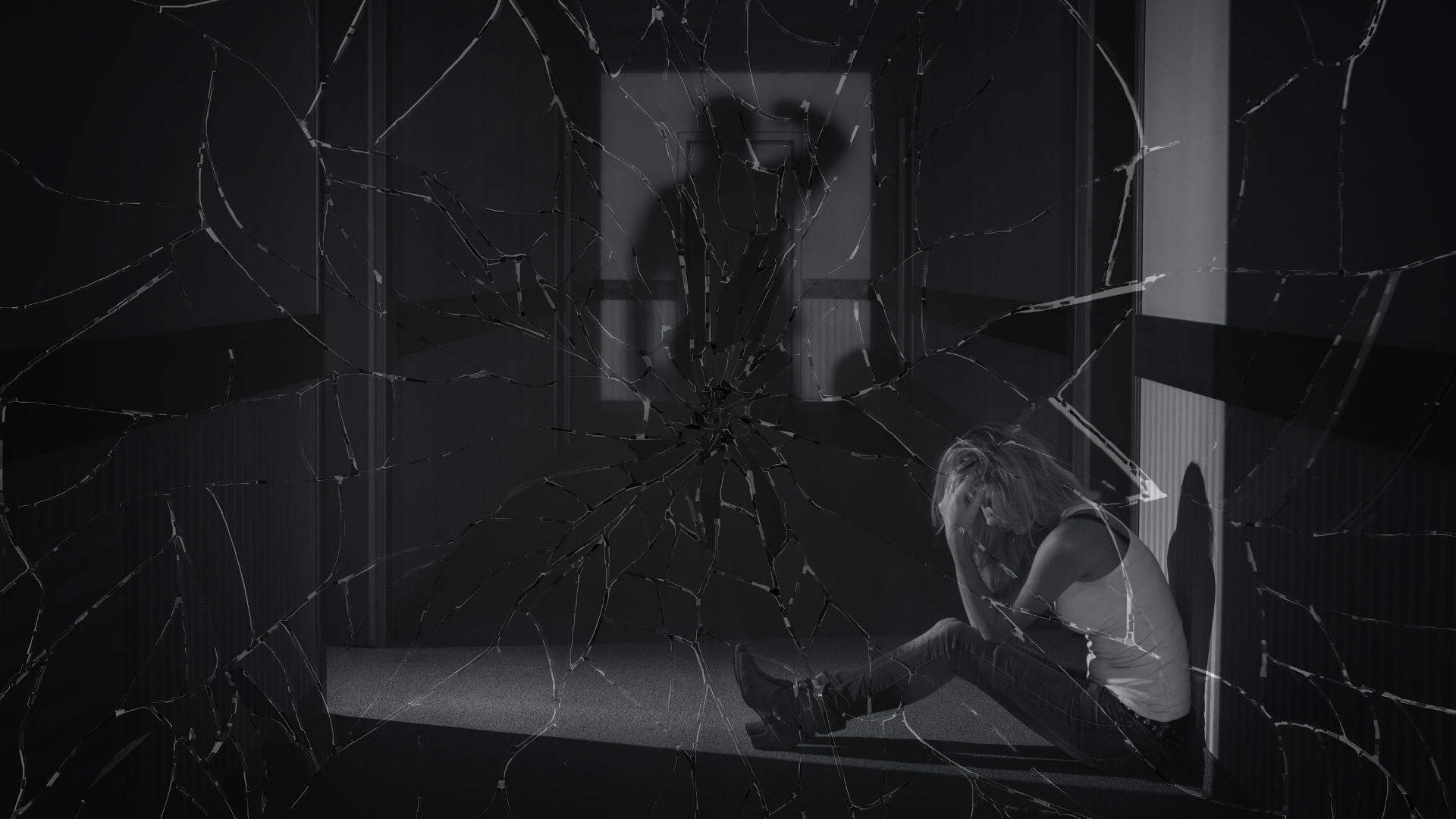
Gender-based violence, to which girls and women are the most vulnerable in Bosnia and Herzegovina, is often not reported to the competent authorities, and if it is reported and charges are filed, the sentences are either short or suspended.
Reasons for not reporting violence include distrust in the institutional process, lack of empathy and knowledge among the authorities, patriarchal norms, lack of information on what to do, as well as fear of possible repercussions.
As many as 84% of women do not report violence to the police, according to a 2018 OSCE survey on the safety and well-being of women in Bosnia and Herzegovina (BiH). The general perception of women, as stated in the report, is that “institutions would react as though the victim was guilty and would side with the perpetrator.”
Representatives of non-governmental organizations fighting gender-based violence believe that the existing legal framework in BiH needs to be improved by implementing the provisions of the Istanbul Convention, educating institutional representatives to be more sensitive to victims of violence, but also encouraging victims to report violence because violence is not a private matter.
“The system in BiH was not built to act preventatively,” said Amina Dizdar, a program coordinator for the Sarajevo Open Center. She explained that that the law enforcement authorities and police often have the largest influence on the number of reported cases, depending on how they treat the victim or how much they are informed about the possibilities of protecting the victim.
The murders of 12 women in BiH in 2019 by their husbands or romantic partners were treated as domestic violence, not femicide. “What is characteristic of femicide is that the murder of a woman is not the first act of violence, but the result of previous acts of violence, which in most cases were reported by the victim,” Dizdar said.
Victims left on their own
When it comes to reporting violence, the possibility of sanctions, the unfavorable position of women, and the inadequate responses of institutions have been the subject of analysis. A July 2020 report by the United Women Foundation (Fondacija Udružene žene) in Banja Luka and the Women’s Rights Center (Centar ženskih prava) in Zenica monitored court proceedings in cases where women and children were the victims of gender-based violence. According to the report, women’s disadvantage is demonstrated by the lack of protection afforded victims and witnesses, the frequent issuance of warnings in place of stronger actions like prison sentences, which are notably rare. These factors enable and embolden perpetrators to continue to commit acts of gender-based violence.
“Victims are left on their own to fight. Apart from court proceedings, gender-based violence and sexual harassment victims do not fare better in other institutions. When victims of various forms of gender-based violence encounter an inadequate response from the system, they do not want to report violence and are discouraged from contacting institutions at all,” said Nada Golubović, president of the Board of the Fondacija Udružene žene in Banja Luka.
According to Dizdar, BiH’s obligations under the ratification of the Istanbul Convention include amending criminal laws to criminalize women’s genital mutilation, psychological violence, sexual harassment, persecution, and the like.
“The entity of Republika Srpska has largely harmonized the Criminal Code with the Istanbul Convention and amended the Law on Protection from Domestic Violence so that domestic violence can no longer be treated as a misdemeanor but exclusively as a criminal offense. The Federation and the Brčko District of BiH have not yet harmonized their laws,” Dizdar said.
In addition to the legal aspects, athe sensitivity of institutions in providing support to victims of gender-based violence is necessary.
“Institutions should be sufficiently sensitive in providing support to victims of gender-based violence. These positive practices would provide a greater sense of security for the victim and encourage others to report violence. There is room for improvement and development of more adequate mechanisms,” said Jasmina Buljić, a psychologist of the Foundation of Local Democracy from Sarajevo.
Golubović agrees that there is a need to educate judges and prosecutors to heighten their sensitivity to this issue. She also adds that if forms of violence are not properly sanctioned, families that have not received adequate protection will result in a generation of young women who view physical violence as a norm, and a generation of boys who believe they can bully and abuse women with impunity.
Encouraging women to speak up
The importance of education in the fight against gender-based violence is also demonstrated by the results of an OSCE survey which found that over 40% of the women surveyed in BiH do not know what to do if they experience violence. The survey found a lack of awareness among women about NGOs, the SOS Helpline, and safe houses. “Some women explained that they did not even know if these services were free, which discouraged them from contacting them,”the report stated.
Golubović explains that we must talk as much as possible about all forms of gender-based violence to encourage women to speak out and thus receive adequate protection. All available media should be utilized in this endeavor, including social networks, conducting street campaigns, organizing community forums, setting up billboards, handing out leaflets, and similar practices.
Buljić believes that it is important to inform women about the existence of the SOS hotline where they can report violence, as well as about the procedures for reporting violence.
Violence is not a private matter
According to statistics,the overwhelming majority of victims of gender-based violence are women and girls. “Probably because of gender stereotypes, they also have a problem with reporting violence because people will think that they are ‘weak’ and that they cannot ‘rule’ their wife,” Golubović points out.
The incidence of violence is higher among women who approve of patriarchal attitudes and among women whose partners have problems with alcohol and drug abuse.
According to the OSCE report, as many as 24 percent of women believe that domestic violence is a private problem that needs to be addressed within the family, which clearly shows the influence of patriarchal culture. According to Buljić, patriarchal culture leads to the creation of a society that is tolerant of gender-based violence.
“Patriarchal beliefs include that violence is a private matter, a woman’s shame, that the family must be saved for the sake of children at all costs, and the like. The patriarchal way of upbringing creates and maintains a society that does not recognize violence as such, tolerates it, and puts women in a subordinate position,”Buljić said.
According to Buljić, patriarchy is detrimental to men as well, because it imposes on them a certain position and ideas of masculinity that can sometimes be too burdensome or impossible to realize.This can result in mental health problems and an inability to view themselves as adequate partners.
Gender-based violence is often not reported out of fears of losing custody over children or breaking up the family, especially when children are small. Other inhibitions include the fear of violent retaliation, of not being believed, of social stigma, and of losing the financial stability provided by some abusive relationships.
“Finally, it is important to emphasize that violence is not a private matter. The perpetrator is always responsible, and violence should be reported to the police, social work centers, or via the SOS hotline,” Buljić concluded.
The SOS hotline’s toll-free numbers are available 24 hours a day: 1264 (Republika Srpska) and 1265 (Federation of BiH).







